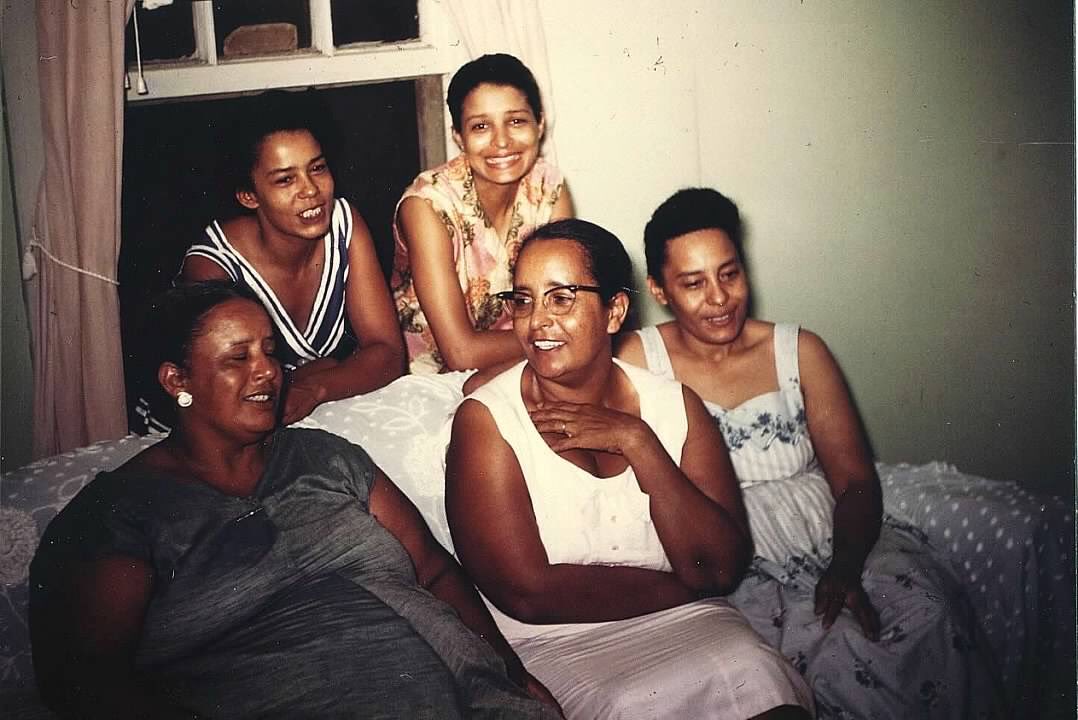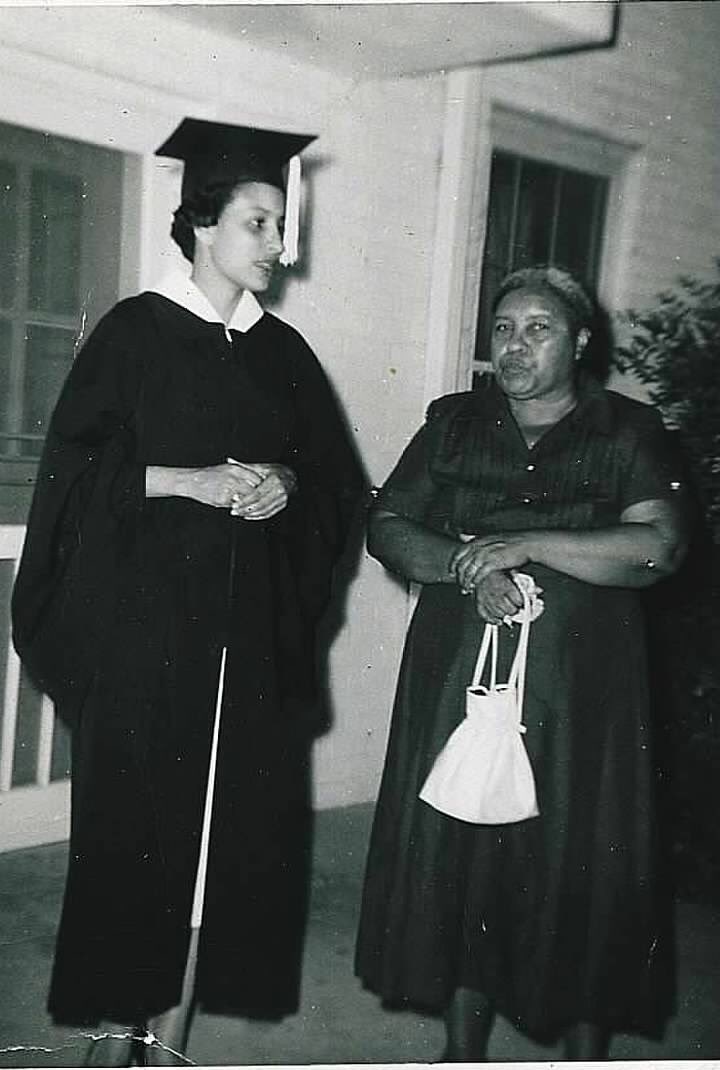My mom, aunts, grandmother, & great grandmother were all domestic workers for white families in segregated Mississippi for white families. As Mom tells it, that’s all they could do. As elsewhere in the South, employment options for Blacks—especially Black women—were limited.
Only by leaving Mississippi could my mother and her sister Henrietta find other work opportunities, eventually becoming a college counselor and nursing assistant respectively.
For more than 400 years, the American economy has been built on the backs of domestic workers – first through slavery, and then through low-wage jobs that allowed others to work at jobs closed to Black workers.
As worker protection legislation developed through the Progressive and New Deal Eras, Southern Congressmen and state legislatures ensured domestic work and other jobs available to Blacks were excluded.
In 2019, the General Assembly eliminated minimum wage exclusions for newsboys, shoe-shine boys, babysitters, ushers, doormen, concession attendants, & theater cashiers. But domestic workers remain excluded from minimum wage, unemployment compensation, & workers compensation laws.
Today, domestic workers have no remedies for workplace harassment and discrimination or nonpayment of wages. Without these protections, many workers tolerate low or no pay and abusive situations.
According to the @EconomicPolicy, 17% of domestic workers live in poverty. In 2018, the national median annual salary for domestic workers was $18,720, but it could go as low as $14,976 among house cleaners.
The COVID19 pandemic threatens to push domestic workers even further into the margins as they either risk their health to continue working or have lost work altogether. Many cannot apply for unemployment compensation even under the CARES Act. https://domesticworkers.org/sites/default/files/Coronavirus_Report_4_8_20.pdf">https://domesticworkers.org/sites/def...
For Lenka Mendoza, the lack of worker protections is all too real.
For 20 years Lenka has cleaned homes/hotels or worked as a nanny after moving to Prince William County from Peru. https://vpm.org/news/articles/10907/virginia-democrats-pro-labor-legislation-could-leave-behind-vulnerable-workers">https://vpm.org/news/arti...
For 20 years Lenka has cleaned homes/hotels or worked as a nanny after moving to Prince William County from Peru. https://vpm.org/news/articles/10907/virginia-democrats-pro-labor-legislation-could-leave-behind-vulnerable-workers">https://vpm.org/news/arti...
Often Lenka’s pay wasn’t enough to afford her own child care. Working conditions at many of these jobs were bad. She has developed arthritis and respiratory issues from cleaning chemicals.
“Your hours are not recognized,” she recalled earlier this year. “You only get paid for eight hours and you don’t have the right to complain. Many of us are threatened for our migratory status.”
Lenka tells the storybook of a pregnant coworker who worked 12 hour days, even when her husband was dying of cancer. “The only day she took off was the day her husband died, and they deducted it from her pay. He died that day, and the next day she had to go back to work.”
However, things are changing. Saturday, @GovernorVA signed my SB 804 making Virginia the first Southern state to begin extending worker protections to domestic workers.
SB 804 eliminates the domestic worker exemption from Virginia’s Minimum Wage Act and creates a working group to study and make recommendations on how to extend other employment protections to domestic workers.
Prior to COVID19 Domestic workers were one of the fastest-growing work forces in our nation, with over 60,000 in Virginia. Over 90% are women & half of all domestic workers are women of color. They’re entrusted to care for our families and homes, and their work should be valued.
We have a long way to go to correct historical inequities that go back generations in my family – and thousands of other families in Virginia. SB 804 is a major step for the 60,000 domestic workers in Virginia. Proud to partner with @CareInActionUSA & our work is just beginning.

 Read on Twitter
Read on Twitter



